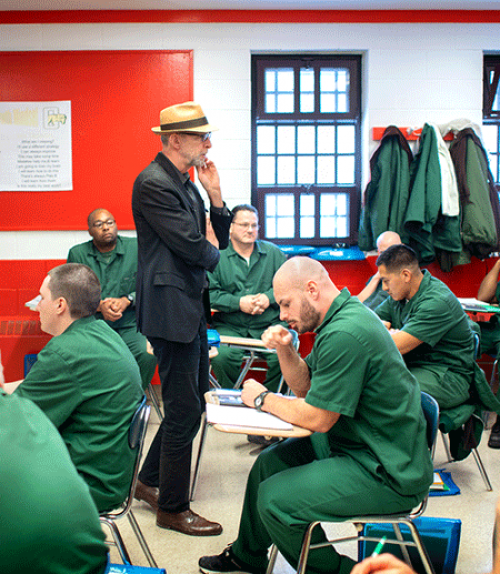 Department Homepage
The College of Arts & Sciences
Department Homepage
The College of Arts & Sciences
‘Making the turn’: from inmate to scholar
It is 4 p.m., and Darryl Epps has just put in a full day at work. Yet his day is only half over.
More news


Your February 2026 reads
Cornellians

New summer course to spark civic engagement in high schoolers
A&S Communications

